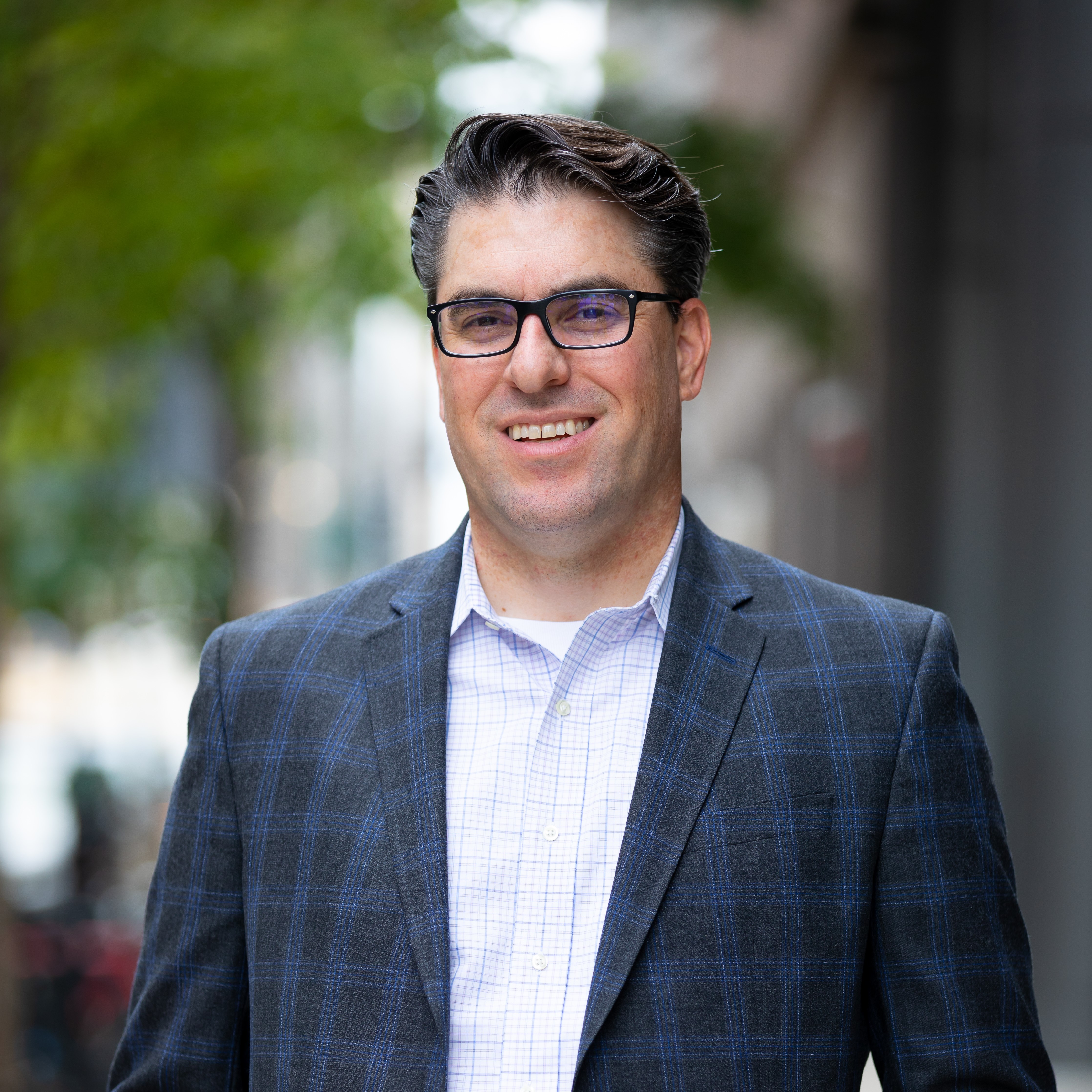The Centre for Computational Law has merged with the Centre for AI and Data Governance to form the Centre for Digital Law. The new Centre examines the transformative impact of digital technologies on legal systems, government, society, and economy. Our research, including the Research Programme on Computational Law, continue under its ambit. Our current website will remain operational in this transitional period but we strongly encourage you to visit our new website at cdl.smu.edu.sg and explore the updated features and content. If you have any questions or need assistance, please contact our support team at cclawadmin@smu.edu.sg.

Daniel Martin Katz
Biography
Professor Daniel Martin Katz is a scientist, technologist and professor who applies an innovative polytechnic approach to teaching law - to help create lawyers for today's biggest societal challenges. Both his scholarship and teaching integrate science, technology, engineering and mathematics.
Professor Katz teaches at Illinois Tech Chicago-Kent Law and spearheads new initiatives to teach law students how to leverage technology and entrepreneurship in their future legal careers. He has published or forthcoming work in a wide variety of academic outlets, including Science, Plos One, Scientific Reports, Journal of the Royal Society Interface, Journal of Statistical Physics, Frontiers in Physics, Physica A and Artificial Intelligence & Law. In addition, his work has been published in legal journals including Cornell Journal of Law & Public Policy, Emory Law Journal, Virginia Tax Review, Iowa Law Review, Illinois Law Review, Ohio State Law Journal, Journal of Law & Politics and Journal of Legal Education.
Professor Katz is currently working on two book projects
including an edited volume entitled Legal Informatics (Cambridge University Press, 2021) and a book on technology + innovation in law. Professor Katz has an Erdős Number = 4. His work has been highlighted in a number of media outlets, including the New York
Times, The Wall Street Journal, Financial Times, BBC Radio, Wired, Vox, National Public Radio, Slate Magazine, Huffington Post, 538, Bloomberg Businessweek, ABA Journal, Law Technology News and The American Lawyer.
Professor Katz received his Ph.D. in political science and public policy with a focus on complex adaptive systems from the University of Michigan. He graduated with a Juris Doctor cum laude from the University of Michigan Law School and simultaneously obtained a Master of Public Policy from the Gerald R. Ford School of Public Policy at the University of Michigan. During his graduate studies, he was a fellow in Empirical Legal Studies at the University of Michigan Law School and a National Science Foundation IGERT fellow at the University of Michigan Center for the Study of Complex Systems.